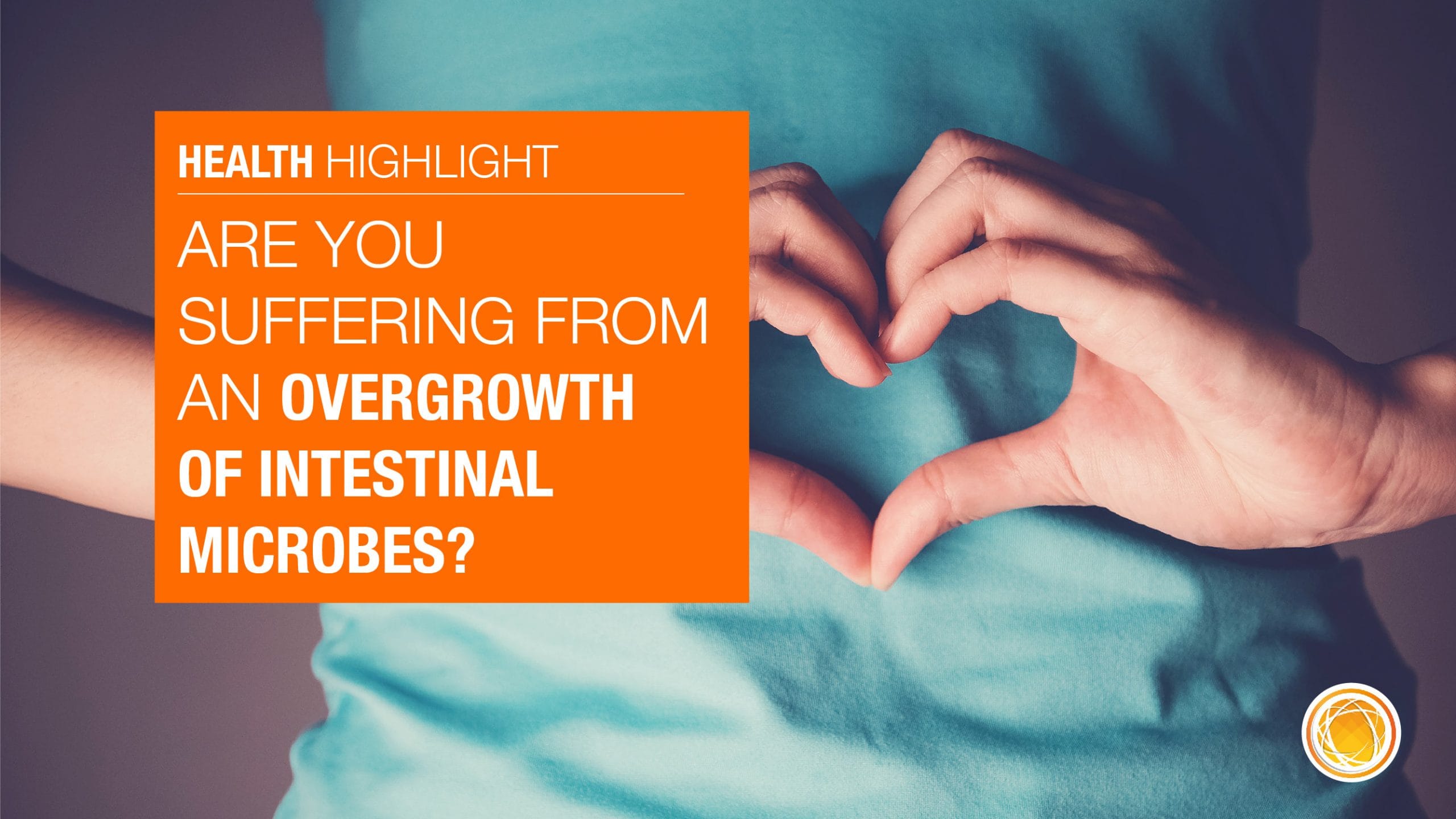The large intestine contains trillions of bacteria
The large intestine, or bowel, contains more microbes than any other part of the body. These micro-organisms live in a carefully balanced community known as the microbiome. When the microbiome is in balance, it plays an important role in maintaining human health. However, if this balance is disrupted, disease can develop.
Some bacteria that live within the microbiome have the potential to be harmful however their numbers are normally kept in check by other beneficial bacteria. Poor diet, some medications (e.g. antibiotics and antacids), and chronic stress can allow these potentially harmful bacteria to overgrow and causing a condition known as large intestinal microbial overgrowth (LIMO).
What causes LIMO?
- Symptoms of LIMO include:
- Chronic abdominal pain
- Indigestion, heartburn and reflux
- Bloating, belching, and flatulence
- Nausea and/or vomiting
- Diarrhoea and/or constipation
- Fatigue – physical and mental
- Brain fog
- Generalised aches and pains
- Nutrient malabsorption
LIMO is associated with the development of many gastrointestinal, immune, neurological, hormonal, and metabolic diseases.
As these harmful bacteria proliferate, they surround themselves with a thick substance called a biofilm, which protects them from the immune system, antibiotic drugs, and other bacteria within the microbiome. This biofilm also allows them to easily communicate with each other, coordinate their growth, and share resources such as nutrients and even genetic adaptations. Disrupting the biofilm and their communication pathways is vital to addressing LIMO.
Disrupting the biofilm and bacterial communication pathways is vital to addressing LIMO.
Antimicrobial herbs can help address LIMO
Antimicrobial herbs provide a safe, long-term and natural alternative for the management of LIMO. Certain herbs have been shown to have fewer side effects than many pharmaceutical treatments and can be as effective or even more effective than antibiotics. Effective natural antimicrobials to consider for LIMO include:
- Allium sativum (Garlic)
- Cinnamomum cassia (Cinnamon)
- Nigella sativa (Black Cumin)
- Origanum vulgare (Oregano)
- Phellodendron amurense (Phellodendron)
- Punica granatum (Pomegranate) peel
These herbs address LIMO in a number of ways:
- They directly kill the harmful bacteria;
- They disrupt the formation of the protective biofilm;
- They interrupt the communication pathways of the bacteria within the biofilm; and
- They directly relieve many of the symptoms of LIMO.
Natural treatments can help in restore the normal bacterial balance of the large intestine, reducing the symptoms and consequences of LIMO. If you would like to find out more, please talk to your healthcare Practitioner today!





0 Comments